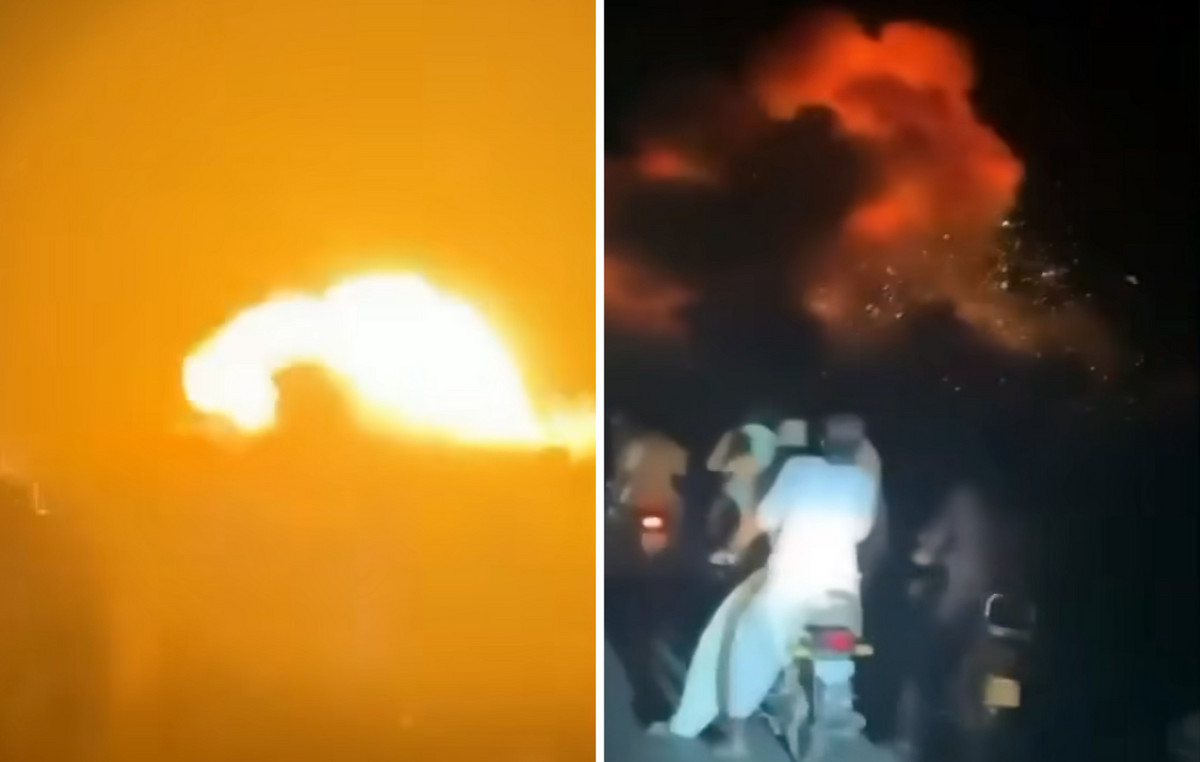The high temperatures caused by the heat wave that hits Europe and the northern hemisphere as a whole, with record temperatures, are “effects of climate change”.
This is the assessment of the professor at the Institute of Energy and Environment at USP, Pedro Côrtes, in an interview with CNN Radio .
According to him, these changes “are coming more sharply than I imagined at the beginning and with very great intensity in geographical terms, that is, we do not see an increase in temperature just in one region or city, the whole of Europe and now the United States. States are hit.”
Côrtes says that these extreme events – such as record temperatures in the United Kingdom and forest fires in Portugal – were atypical events, but which now happen frequently.
“Climate changes lead to a big change in the heating pattern of the ocean and, consequently, of the atmosphere, which causes sea currents to change”, he explained.
This means that, in the case of Europe, the winds that blow from West to East are interrupted in the region close to England and there is also a mass of hot air injected in countries like Spain and Portugal.
“These are changes in patterns that were once a certain way, and the risk is that it will become permanent.”
According to the professor, the measures proposed by the climate conventions to cut greenhouse gas emissions have proved to be insufficient.
According to Pedro Côrtes, the scenario could be changed “easily with forest recovery”, which would help to remove carbon from the atmosphere.
“We have trees growing and, through photosynthesis, they use this removed carbon and return oxygen. If regulated carbon market in Brazil, Amazonia, Cerrado would help with that and we would get paid for it,” she pointed out.
To help understand the phenomenon of global warming, Côrtes makes a comparison: “It is as if the increase in carbon release increases the thickness of the ‘blanket’ that retains the heat that comes from the sun.”
It’s a similar process to having a pot on the stove and increasing the power of the fire. “We are warming the oceans and atmospheres more, with greater speed.”
The professor says that Brazil is not immune to temperature variation and recalls that, in the last year, the country suffered from droughts, record rains, an unprecedented cold front and even a cyclone in Rio Grande do Sul.
*With production by Isabel Campos
Source: CNN Brasil
I’m James Harper, a highly experienced and accomplished news writer for World Stock Market. I have been writing in the Politics section of the website for over five years, providing readers with up-to-date and insightful information about current events in politics. My work is widely read and respected by many industry professionals as well as laymen.







